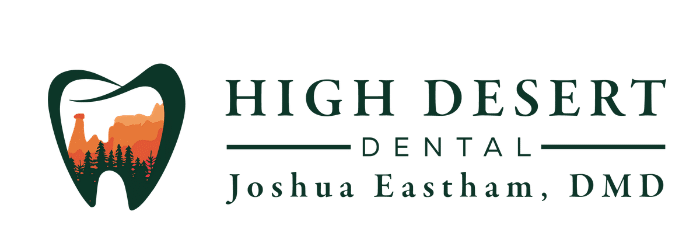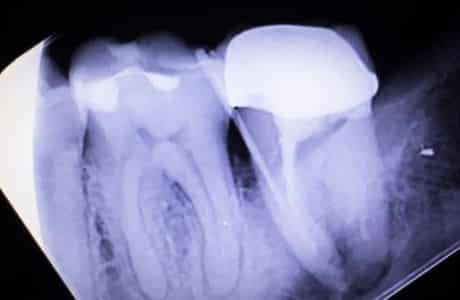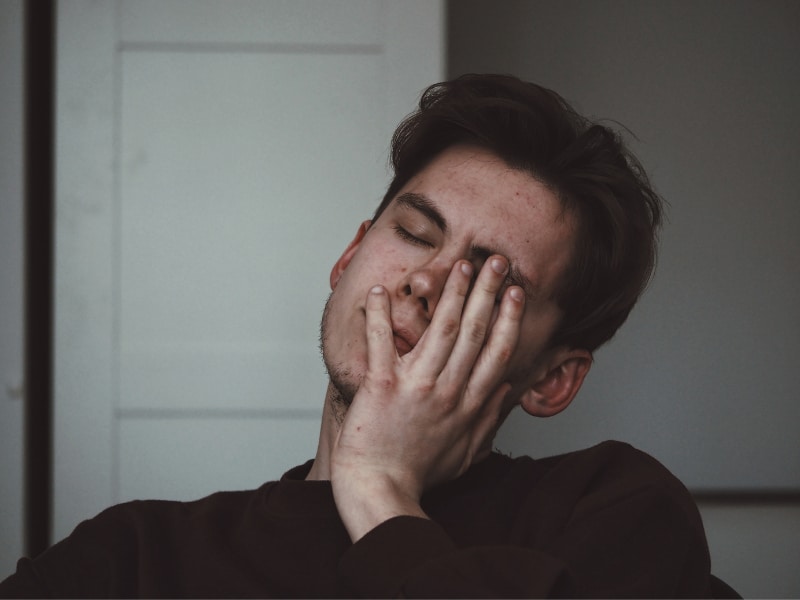Common Signs of Gum Disease

Spotting the Red Flags: Recognizing Common Signs of Gum Disease at High Desert Dental

Gum disease, also known as periodontal disease, is a prevalent condition that affects many adults. It begins with inflammation of the gums and can lead to more serious dental issues if not addressed. At High Desert Dental, recognized as the best dentist in Grand Junction, CO, we aim to educate our patients about the signs and symptoms of gum disease to encourage early detection and treatment. We will explore the common signs of gum disease, its causes, and the importance of seeking timely dental care.
Understanding Gum Disease
Gum disease occurs when bacteria in plaque accumulate on the teeth and gums, leading to inflammation and infection. It can be classified into two main stages:
Gingivitis: This is the early stage of gum disease, characterized by red, swollen gums that may bleed during brushing or flossing. Gingivitis is often reversible with proper dental care and improved oral hygiene.
Periodontitis: If gingivitis is left untreated, it can progress to periodontitis, where the inflammation affects deeper tissues and bone supporting the teeth. This stage can lead to tooth mobility, gum recession, and even tooth loss.
Common Signs of Gum Disease
1. Bleeding Gums: One of the most noticeable signs of gum disease is bleeding gums, especially during brushing or flossing. If you notice blood in the sink or on your toothbrush, it may indicate inflammation caused by plaque buildup. Healthy gums should not bleed, so this symptom should not be ignored.
2. Swollen or Red Gums: Healthy gums should appear firm and pink. If your gums look swollen, red, or puffy, it may be a sign of gum disease. Inflammation is a response to infection, and swollen gums indicate that your body is trying to fight off bacteria.
3. Persistent Bad Breath: Chronic bad breath, or halitosis, can be a sign of gum disease. The buildup of bacteria and plaque in the mouth can produce foul-smelling compounds, leading to persistent bad breath that does not improve with regular brushing or mouthwash.
4. Receding Gums: Gum recession occurs when the gum tissue pulls away from the teeth, exposing more of the tooth’s surface or the tooth root. This can lead to increased sensitivity and a longer appearance of your teeth. If you notice that your teeth appear longer or gaps between your teeth are becoming more pronounced, you may be experiencing gum recession.
5. Loose Teeth: As gum disease progresses, it can lead to the loss of supporting bone around the teeth, resulting in looseness. If you notice that one or more of your teeth feel loose or shift position, it’s crucial to seek dental attention immediately.
6. Changes in Bite or Fit of Dentures: If you wear dentures and notice changes in how they fit or feel, this could indicate underlying gum disease. Shifting gums and bone loss can affect the way your dentures sit, leading to discomfort and potential sores in the mouth.
7. Pus Between Gums and Teeth: The presence of pus or a foul taste in the mouth can be a clear indicator of gum disease. Pus is a sign of infection, and if you notice this symptom, it’s important to seek dental care as soon as possible.
8. Sensitivity to Hot and Cold: Increased sensitivity to hot or cold temperatures can indicate gum disease. As gums recede and expose tooth roots, you may experience discomfort when consuming hot or cold foods and beverages.
Causes of Gum Disease
Gum disease is primarily caused by poor oral hygiene, which leads to plaque buildup. Other contributing factors include:
- Tobacco Use: Smoking or chewing tobacco can weaken the gums and make them more susceptible to infection.
- Hormonal Changes: Changes in hormones, such as during puberty, pregnancy, or menopause, can affect gum health.
- Medical Conditions: Certain medical conditions, such as diabetes, heart disease, and autoimmune diseases, can increase the risk of gum disease.
- Medications: Some medications can reduce saliva flow, leading to dry mouth and increased risk of gum disease.
- Nutritional Deficiencies: A diet lacking in essential nutrients, particularly vitamin C, can weaken the immune system and gum health.
The Importance of Seeking Dental Care
Recognizing the signs of gum disease early is crucial for effective treatment. If you experience any of the symptoms mentioned above, it’s essential to schedule an appointment with High Desert Dental, the best dentist in Grand Junction, CO. We offer comprehensive periodontal assessments and personalized treatment options to address gum disease effectively.
Treatment Options for Gum Disease
Treatment for gum disease varies depending on the severity of the condition. Early-stage gingivitis may be treated with improved oral hygiene practices and professional dental cleanings. For more advanced periodontitis, treatment may include:
- Scaling and Root Planing: A deep cleaning procedure to remove plaque and tartar from below the gum line.
- Antibiotic Therapy: Prescription medications to help control infection.
- Surgical Treatments: In severe cases, surgical options may be necessary to restore gum health and prevent further tooth loss.
Contact Us
Gum disease is a common but preventable condition that can have serious consequences if left untreated. By recognizing the common signs of gum disease and seeking timely dental care at High Desert Dental, you can protect your oral health and preserve your smile. If you have concerns about your gum health or haven’t had a dental check-up in a while, contact us today to schedule an appointment. Let us help you achieve and maintain optimal oral health!










